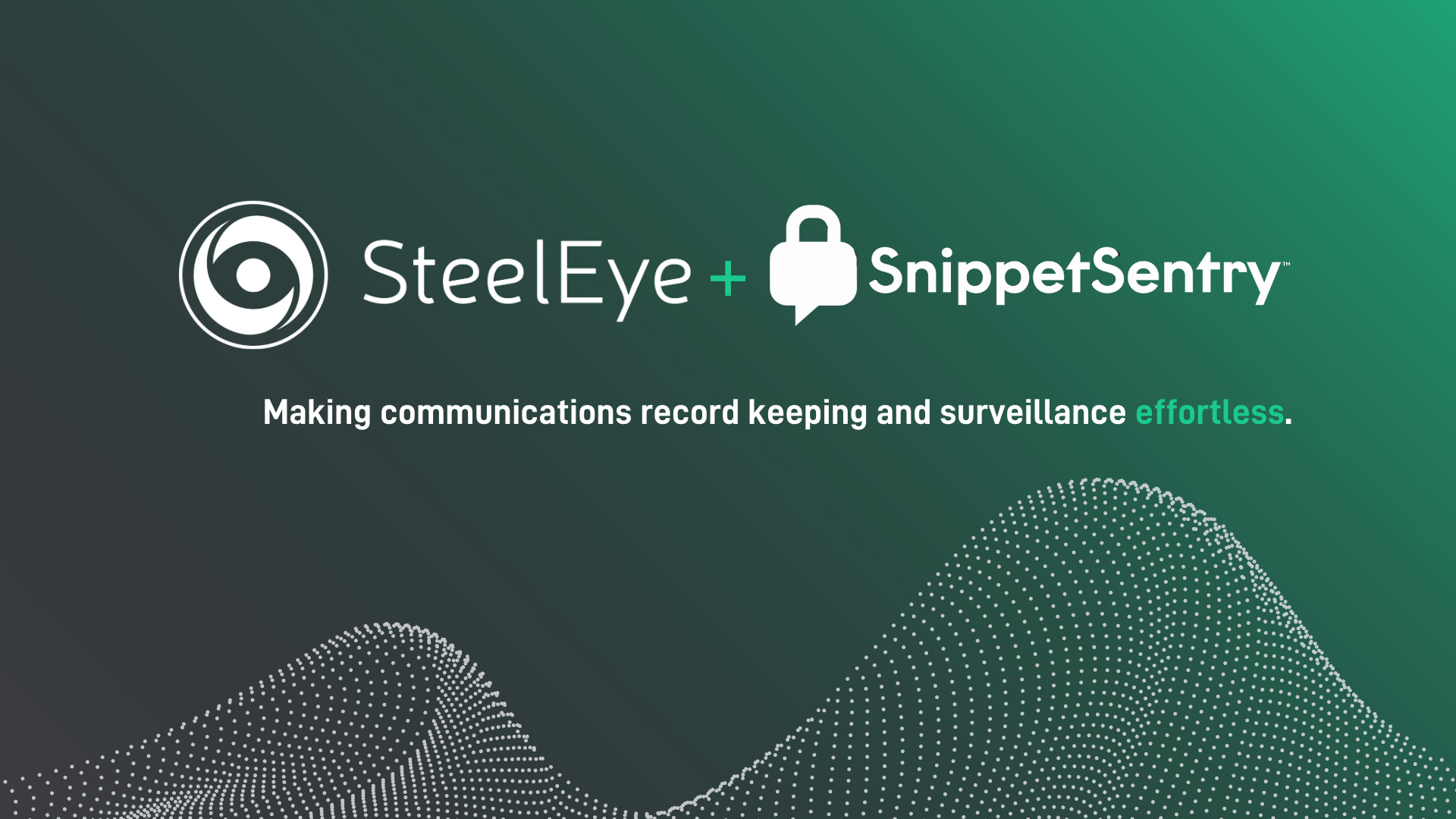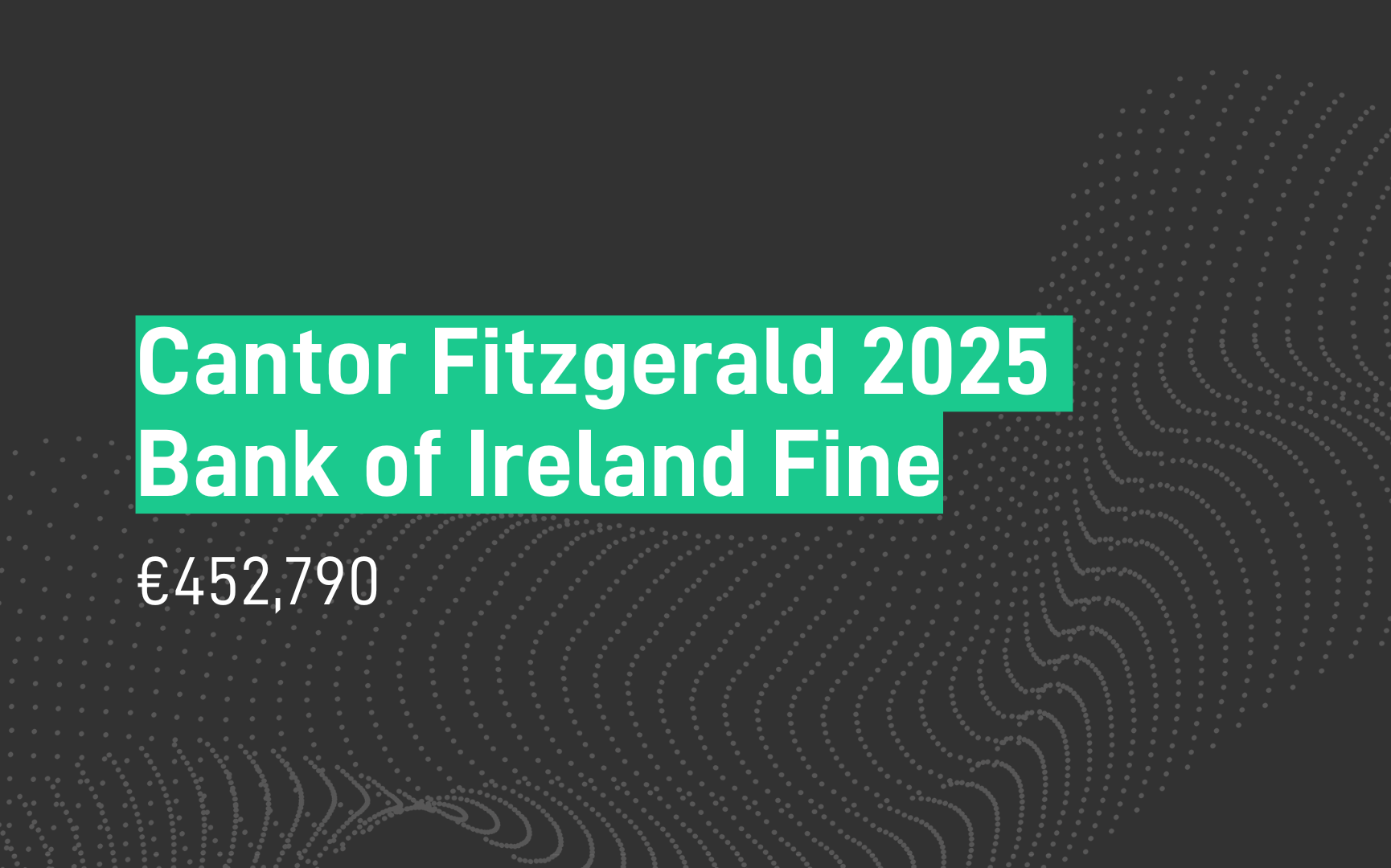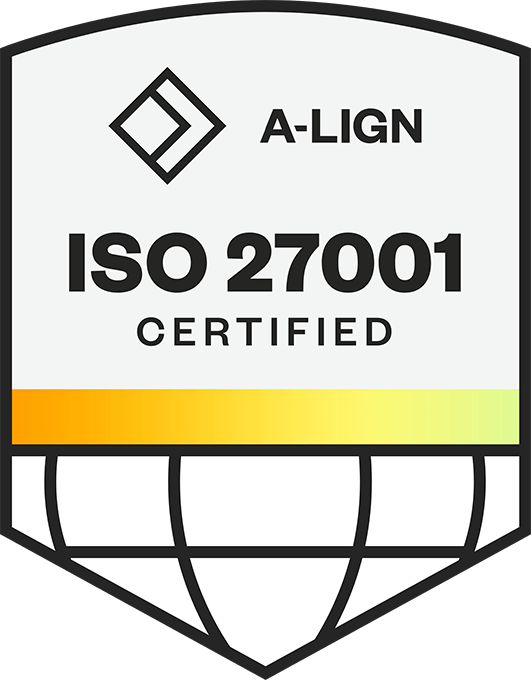 As we get near the end of the transition period, we still don't know if the UK will leave the EU with a deal. There is a still a lot of uncertainty around the impact on the financial services industry, particularly around regulation. It is, therefore, somewhat reassuring that the rules around MiFIR Transaction Reporting are becoming clearer.
As we get near the end of the transition period, we still don't know if the UK will leave the EU with a deal. There is a still a lot of uncertainty around the impact on the financial services industry, particularly around regulation. It is, therefore, somewhat reassuring that the rules around MiFIR Transaction Reporting are becoming clearer.
UK/EEA investment firms who use EEA/UK branches respectively will feel most of the impact of the changes to MiFIR Transaction Reporting. For non-branch jurisdictional usage, the effect is minimal.
At this point, we know that most UK investment firms have contracted with a UK ARM and EEA investment firms with a EEA ARM. Where UK investment firms have established legal entities in the EEA, they are very likely to have also contracted with an EEA ARM by now, and the same can be said of EEA investment firms operating in the UK.
However, the reporting responsibilities of UK investment firms’ branches in the EEA and vice-versa is still not entirely understood, with particular focus on the contractual obligations towards the EEA national competent authority (NCA) or FCA when branch reporting. In this article, I highlight some key changes which will impact branch and non-branch reporting obligations post-Brexit.
branches - Dual Reporting
Post-Brexit, UK investment firms operating through a branch in the EEA may have to report transactions into the NCA of the branch, and report the same transactions to the FCA (often referred to as the Dual Reporting requirement).
"It is essential for a UK investment firm to understand when, and if, its EEA branch has been involved in a transaction"
It is therefore essential for a UK investment firm to understand when, and if, its EEA branch has been involved in a transaction and in tandem have the correct instrument reference data to validate whether that transaction is indeed eligible to be submitted to an EEA NCA via an EEA ARM (or directly). Failure to do so may lead to underreporting. The same is true for an EEA investment firm operating through its branch in the UK.
branches - Treatment as Non-MiFID Firms
If there is a requirement for a UK investment firm to send branch transaction reports a EEA ARM for a EEA NCA submission, the UK investment firm will be treated as a non-MiFID firm by the EEA NCA.
In such a scenario, the branch transaction reports need to have the field ‘Investment Firm covered by Directive 2014/65/EU’ (field 5) populated with 'false'. EEA firms will also be treated as non-MiFID firms when sending branch transaction reports to a UK ARM for submission to the FCA.
BRANCHes - TOTV Dual Reporting Exception
If a UK branch of an EEA investment firm has been involved in a transaction and the instrument is traded on a trading venue (TOTV) in the UK only (or the underlying is traded on a trading venue (uTOTV) in the UK only), the transaction does not need to be reported into the EEA investment firm’s NCA but only into the FCA.
Conversely, a EEA branch of a UK investment involved in a transaction where the instrument is at least TOTV in the EEA may require to dual reporting.
Mifir TR Fields - Trading Venue Transaction Identification Code
Another important consideration post-Brexit is around the trading venue transaction identification (TVTIC) code (field 3).
If a UK investment firm is trading on a EEA Venue (and no EEA branch is involved), TVTIC will no longer be required to be populated in the report to the FCA. By the same token, if a UK investment firm is trading on a UK Venue, the field must be populated in the report to the FCA.
For Branch execution, if a UK investment firm uses its EEA branch membership of an EEA trading venue to trade on that venue, the transaction report going to the EEA NCA will require the trading venue transaction identification code to be populated. Again, the same would be true for a EEA investment firm operating through its branch in the UK.
Mifir TR Fields - Short selling indicator
Post-Brexit, the equivalent Short Selling Regime (SSR) will come into effect for UK investment firms. For Sovereign Debt, this will mean that only transactions on UK Sovereign Debt will require the population of the 'Short Selling Indicator' (field 62) in the report to the FCA. Conversely, if the UK investment firm has requirements for dual reporting and is reporting in to a EEA NCA, and trades on French Sovereign debt, the field is required to be populated (as it falls under the EEA implementation of the SSR).
Mifir TR Fields - mifir ID
When a UK investment firm submits a transaction report to the UK ARM, there is no change in format (or the priority sourcing (i.e., UK National Insurance number > Concat). If that transaction also needs submitting to a EEA ARM then the format will change from the UK National Insurance Number to a UK passport number (as the UK will be treated like 'all other countries').
With regards to EEA investment firms dual reporting into the FCA, the current formats for natural identifiers will the same.
Mifir eligibility and Instrument reference data
Instrument reference data will also play its part in populating fields as well as determining eligibility. The FCA is on the final stretch with regards to its FIRDS system. This will include UK venues and the EEA only listed instruments where the relevant competent authority is the competent authority of the most relevant market. For example, if an instrument is traded on both UK markets and EEA markets, FCA FIRDS will only contain the records that relate to UK markets. Similarly, ESMA FIRDs will only contain records that relate to EEA markets. In other words, to answer to the question "Where is this security traded - in the UK and the EEA?" you would have to consult both FCA FIRDS and ESMA FIRDS.
"UK investment firms are required to have access to the FCA FIRDS, even if via a technology partner."
UK investment firms must have access to the FCA FIRDS, even if via a technology partner. It may also be required to maintain the current ESMA FIRDS for EEA branch eligibility and validation.
How SteelEye can help
SteelEye’s rules engine and set of validations has branched out in order to capture these incoming changes.
Whilst clients still have to engage with an ARM in order to have their FCA ARM and/or EEA ARM relationship in place, SteelEye is now able to assess instrument and jurisdiction eligibility and as consequence validate fields and submit reports according to the destination.
Validation on trading venue
When reporting 'trading venue' in your MiFIR Transaction Report (field 36), SteelEye validate that the instrument in question was tradeable on that market at the time of execution.
SteelEye will be bifurcating this validation depending on whether the trading venue is UK or EEA (i.e., if the venue is a UK venue, was it tradeable on that UK venue? If venue is a EEA venue, was it tradeable on that EEA venue?).
Given that FCA FIRDs will formally go live on 2 January 2021, it will be the first time we will see the 'true' shape of the directory.
 INDUSTRY RECOGNISED EMIR & MIFIR REPORTING
INDUSTRY RECOGNISED EMIR & MIFIR REPORTING
SteelEye has been recognised as the Best Regulatory Reporting Solution for both the sell and buy-side by HFM, WatersTechnology and TradingTech Insight.
LEARN MORE ABOUT STEELEYE'S REPORTING SUITE
To conclude, assuming investment firms are now fully aware and engaged with their jurisdictional endpoint, it is still as important to have the accurate reference data that will enable the correct validations and eligibility determination.
It is common to engage with a technology partner that insulates firms from operational overheads and ensures accuracy and completeness in transaction reporting.


 As we get near the end of the transition period, we still don't know if the UK will leave the EU with a deal. There is a still a lot of uncertainty around the impact on the financial services industry, particularly around regulation. It is, therefore, somewhat reassuring that the rules around MiFIR Transaction Reporting are becoming clearer.
As we get near the end of the transition period, we still don't know if the UK will leave the EU with a deal. There is a still a lot of uncertainty around the impact on the financial services industry, particularly around regulation. It is, therefore, somewhat reassuring that the rules around MiFIR Transaction Reporting are becoming clearer.







